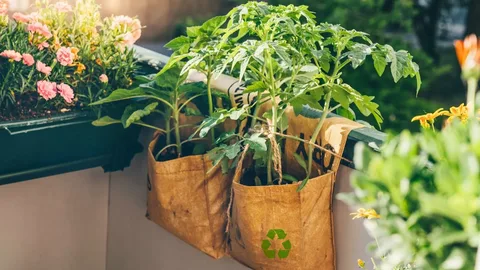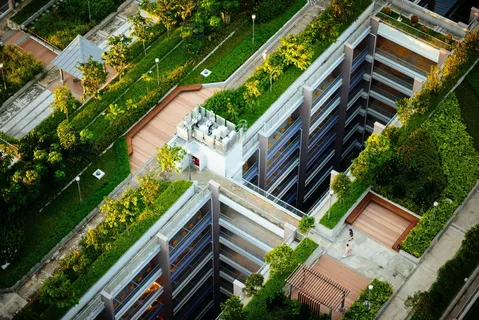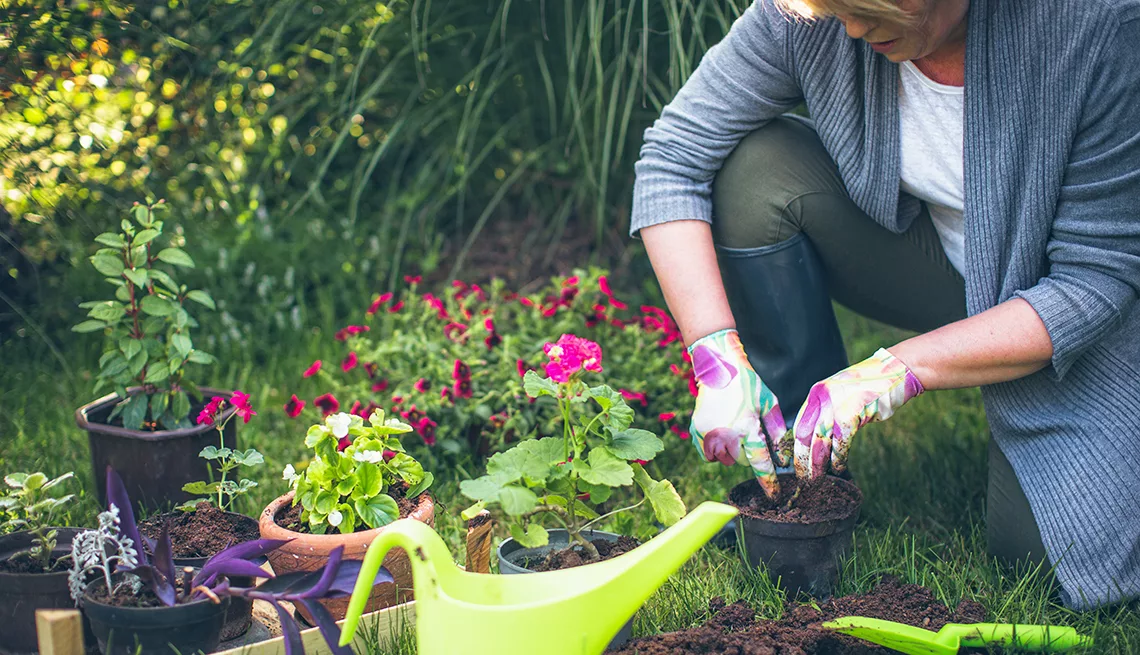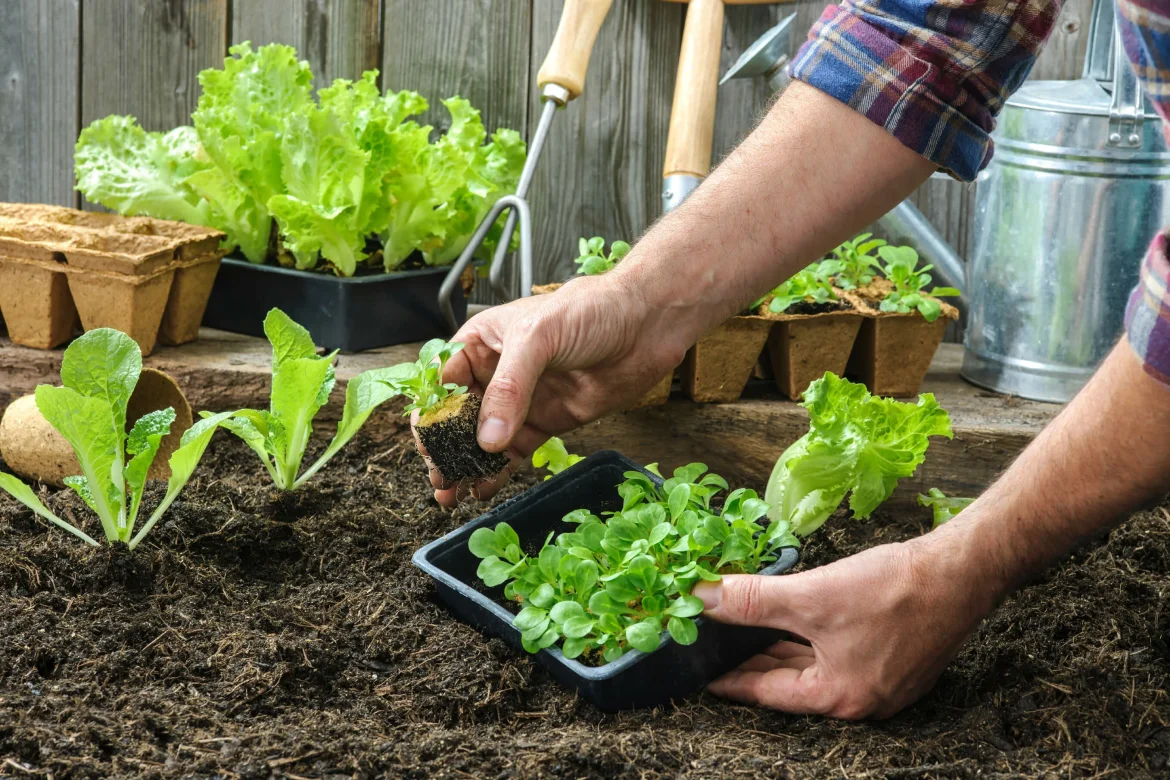Sustainability has become a defining concern of our time, and gardening is no exception. Sustainable gardening is about creating outdoor spaces that work with nature rather than against it. By adopting eco-friendly practices, gardeners can reduce environmental impact, conserve resources, and create resilient ecosystems.
One of the core principles of sustainable gardening is soil stewardship. Instead of relying on synthetic fertilizers, gardeners use compost, manure, and organic matter to build soil fertility. Practices like crop rotation, cover cropping, and mulching maintain soil health and reduce erosion. Healthy soil stores carbon, making gardening a small but important ally in the fight against climate change.






